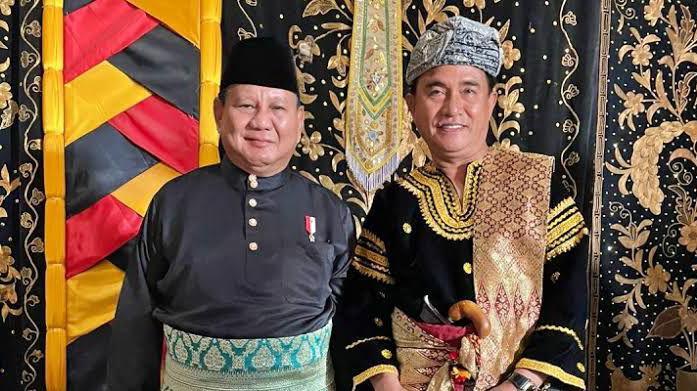Indonesia commemorates its 80th Independence Day on August 8, 2025, reflecting on the core values that go beyond just breaking free from colonial rule. True independence, as the nation believes, entails being liberated from hunger, lack of education, and underdevelopment. In line with this principle, the Free Nutritious Meals (MBG) program was introduced, aiming to provide tangible freedom in the domain of nutrition. More than just a food assistance initiative, the program serves as an investment in Indonesia’s future, especially concerning the well-being and potential of the country’s children.
Deputy for Dissemination and Media Information, Noudhy Valdryno, known as Ryno, highlighted the significant presence of the state through every plate of nutritious food distributed across classrooms, Nutritional Fulfillment Service Units’ kitchens, and in the hearts of the Indonesian people. With MBG, millions of schoolchildren, pregnant women, breastfeeding mothers, and toddlers now benefit from daily nutritious meals, enhancing children’s academic performance, concentration, physical growth, and brain development.
Positioning MBG as a cornerstone for nurturing an exceptional generation in alignment with Indonesia Emas 2045 vision, Ryno emphasized the program as one of the most effective long-term investments the country can make. Recognized by international organizations like the School Meals Coalition, MBG has reached eight million beneficiaries nationwide, including students from various educational institutions, pregnant women, and toddlers enrolled in community health programs.
Experts like Ikeu Tanziha from the National Nutrition Council have observed measurable impacts of the MBG program, such as improvements in Body Mass Index (BMI) among participating children and adolescents. With increased focus and cognitive abilities noted by the National Research and Innovation Agency (BRIN), areas like Bogor and Papua witnessed enhanced classroom concentration and attendance motivation, particularly among students who previously skipped breakfast.
Besides health and educational benefits, MBG program has led to economic growth, generating job opportunities in Nutritional Fulfillment Service Units (SPPG) kitchens and supporting small enterprises supplying program ingredients. Suratina, a 63-year-old grandmother working at the SPPG kitchen in Yogyakarta Special Region, appreciates the income and camaraderie the job provides, reminiscent of preparing meals for her own grandchildren.
In essence, the MBG program symbolizes Indonesia’s commitment to achieving independence in nutrition, ensuring a brighter and healthier future for its citizens through comprehensive support in education, health, and economic empowerment.
